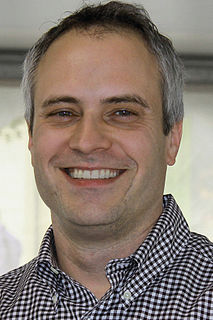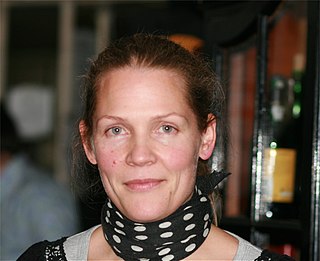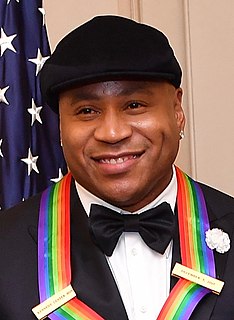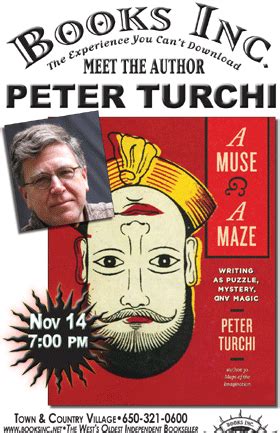A Quote by Brad Stone
No matter how hard we strive for objectivity, writers are biased toward tension - those moments in which character is forged and revealed.
Related Quotes
The challenges for the writer included deciding which secrets were most important, how many secrets revealed were too many, which characters should know which information when, and how the revelations would impact the rest of the family. All of those questions eventually lead back to one: What's at the heart of this book? Where does it want to focus, or toward what does it want to lead us?
The things that I have said when I was young and curious about whatever the subject matter was, I respect those - those are growing pains. Even if you make mistakes, I go back to those things, my not-so-great moments because those are my truest moments; those are my human moments. I'm not even mad at the things I said that were a little dicey.
It doesn't matter, that's the point. It doesn't matter that things don't always work exactly the way you thought they should. Moments matter. People matter, how they feel, how they connect. Who they are alone and together. All that matters, no matter how quickly the moment passes. Maybe because it passes.
You have a certain objectivity, as a member of the audience, and you can come away maybe being provoked into a certain discourse or a certain arena of questioning, regarding how you would deal with things that your character has to deal with. Whereas when you're doing a film, once you start asking, "What would I do?," you're getting the distance greater between yourself and the character, or you're bringing the character to you, which I think is self-serving, in the wrong way. The idea is to bring yourself to the character.
Hate no one, no matter how much they've wronged you. Live humbly, no matter how wealthy you become. Think positively, no matter how hard life is. Give much, even if you've been given little. Keep in touch with the ones who have forgotten you, and forgive who has wronged you, and do not stop praying for the best for those you love.
For years, we just accepted the premise that the reporters from that J-school mentality of neutrality and objectivity were just laying out the facts. We just assumed that Walter Cronkite was unbiased. In hindsight, it is clear that Walter Cronkite was biased, and that he used feigned objectivity as the cudgel to change the American narrative from being a right of center one to being a left of center one.

































